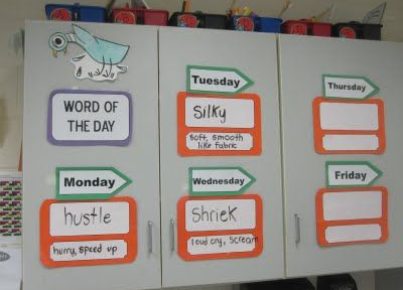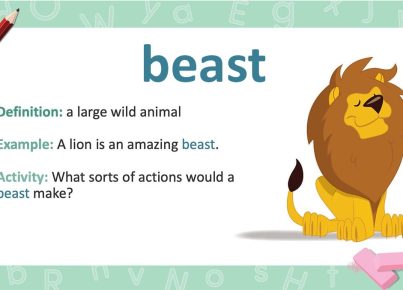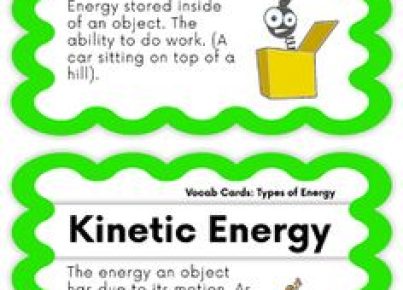In the journey of education, vocabulary acquisition plays a pivotal role in enhancing communication skills, understanding complex texts, and expressing ideas with precision. As educators, it’s imperative to employ strategies that not only introduce new words but also cultivate an environment where students are encouraged to explore and utilize language effectively. This article delves into pioneering teaching resources and methods that can significantly improve student vocabulary.
Interactive Vocabulary Notebooks
The traditional word-list memorization is often ineffective. Instead, interactive vocabulary notebooks allow students to get creative with new words. They can personalize their learning by including definitions, synonyms, antonyms, pictorial representations, and sentences that put each word into context. This hands-on approach makes the learning process tangible and memorable.
Digital Platforms and Apps
Technology has opened the doors to a multitude of applications dedicated to language development. Platforms like Quizlet and Memrise leverage the power of interactive games and flashcards, while applications such as Vocabulary.com incorporate a system of adaptive learning to meet individual student needs. These digital tools create a dynamic learning experience that keeps students both challenged and engaged.
Word Walls
A classroom staple, word walls are an excellent visual aid for vocabulary building. By displaying words prominently in the classroom, students are constantly exposed to them, reinforcing their memory. The word walls can be subject-specific or thematic to align with current lessons and should be regularly updated to keep content fresh.
Literature Circles
Immersing students in literature is a natural method of vocabulary expansion. Literature circles encourage discussions about books, fostering critical thinking while exposing students to new vocabularies in context. Students learn from each other as they share different interpretations of the text and the meanings of unfamiliar words they encounter.
Role-Playing Games
Role-playing games (RPGs) are an unconventional but effective resource for vocabulary development. By adopting the personas of different characters in various scenarios, students must negotiate, describe actions, and interact using language appropriate for their roles. This imaginative play develops both linguistic prowess and creativity.
Vocabulary Mini-Lessons
Short, focused sessions honed in on specific vocabulary themes or difficulties can be particularly effective. During these mini-lessons, teachers can introduce etymology, root words, prefixes, suffixes, and academic terms that enhance understanding across various subjects.
Cross-Curricular Projects
Projects that integrate different subject areas create a rich context for vocabulary growth. For example, a science fair project might incorporate technical terms alongside persuasive language required for presentations. As students apply their understanding in innovative ways across disciplines, they expand their linguistic repertoire meaningfully.
Conclusion
Upgrading student vocabulary is not just about learning new words; it’s about building confidence in using language as a tool for expression and exploration. By employing these engaging resources and teaching methods into the curriculum—ranging from digital innovations to collaborative learning activities—educators can invigorate the process of vocabulary acquisition and help unlock every student’s potential to communicate with clarity and flair.





